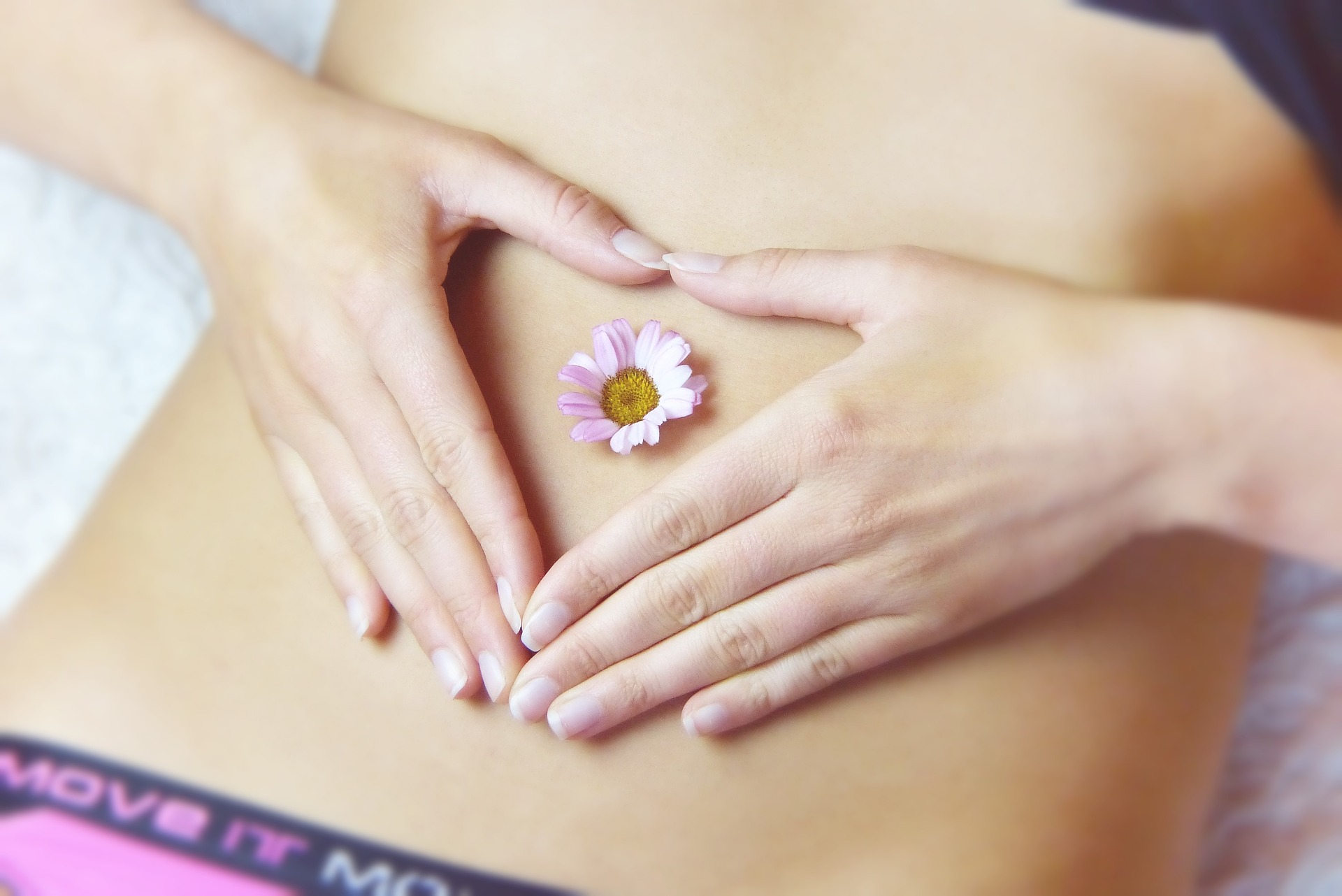
Life After a PCOS Diagnosis*
It’s funny how you look at people and unless you really know them, you don’t know what is actually going on in their lives. And sometimes even if you know someone, you don’t know everything. This is a bit like me and PCOS. Mainly because I’m still struggling to come to terms with it, but also because I don’t like people pitying me.
Nature’s Best looks at Polycystic Overy Syndrom, PCOS for short, and it’s a condition that affects how the ovaries work. And I’ve found out over the last year, it’s fairly common. Most women are diagnosed in their teens or early twenties but I didn’t have any serious symptoms until my late 20s. The best way to describe it is using the wording on the NHS website;
Polycystic ovaries contain a large number of harmless follicles that are up to 8mm (approximately 0.3in) in size. The follicles are under-developed sacs in which eggs develop. In PCOS, these sacs are often unable to release an egg, which means that ovulation doesn’t take place.
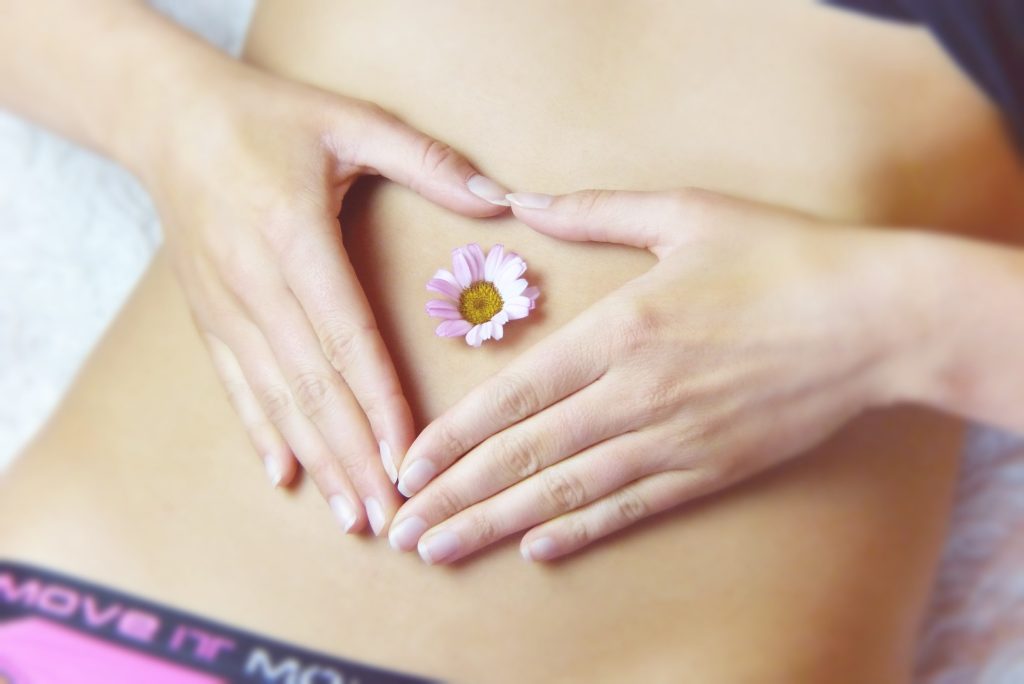
When I was a teen I have always wondered if I had some kind of hormonal imbalance. My skin has been terrible all my life, and I’m ashamed to admit I’m definitely hairier than most women, but it didn’t affect me day to day and thanks to beauty regimes I could hide it. It wasn’t until my last break up where I started to pile on the weight and even when I tried, I couldn’t shift it. Then my periods became irregular and ovulating was uncomfortable, I finally had to bite the bullet and see the doctor. Other symptoms are still my skin behaving like a teenagers, feeling a bit achy and my hair on my head being a lot thinner and no longer growing. I originally put it down to excessive dying but now I know otherwise.
I feel lucky my diagnosis was a lot more straight forward that most. I’ve read some horror stories of people having to jump through hoops to get a diagnosis. I had a blood test and an ultrasound. I was terrified they’d find something else, I have severe heath anxiety that it’s getting worse the longer I’m a mother. I ended up getting really ill with anxiety during the process and as a result, my mental health has continued to suffer.
Along with the crippling anxiety, I feel gross. I can’t lose the weight like I used to be able to in my early 20s and I’m now 30 and still have the skin of a teenager. All the doctors could offer me was hormonal birth control which I try to avoid at all costs as it’s detrimental to my mental health. So I had to find ways to cope with things myself. For me that’s been the hardest thing. Any pain (which is rare in PCOS and why some people can have it for years and not even know) I just use a hot water bottle but the cosmetic things are getting harder to hide. I am bigger than I have ever been and I’m now 30 with horrible skin that nothing fixes. I needed to do something to take back control.
This is why I’ve switched to a low carb/sugar diet.
After doing a lot of online reading, on my own and asking questions in forums, I found this was actually a great way to deal with the symptoms of PCOS, and a good way to lose weight. I have noticed that I no longer have pain during ovulation and although my periods are still irregular this is a big improvement. It is still hard to lose weight but I’ve managed 7lbs so a far amid the serious sugar cravings (PCOS has an affect of the hormone that controls insulin and is why a lot of PCOS sufferers develop diabetes). Knowing i’m doing something to take control back is helping my mentality too. I still have that health anxiety that nags away at me, and I honestly still imagine crazy symptoms to other illnesses, but at least some of the symptoms I can chalk up to actually having something wrong with my body and it’s not all in my head.
I hope once I’m comfortable with the diet change I can take other steps towards helping my emotional well-being which is, if I’m honest, totally shot at the moment. Not just with anxiety but self esteem and self worth. But I hope I get there eventually. It has helped knowing that this is more common than I ever imagined.
Remember, it’s okay to not be okay. Get the help you need in the form that’s best for you. For this, talking to friends and family was the last thing I wanted to do, so joining a community of other sufferers was exactly what I needed. Taking control of my diet and eventually my mental health is what has helped me come to terms with things. As I always say, you do you.
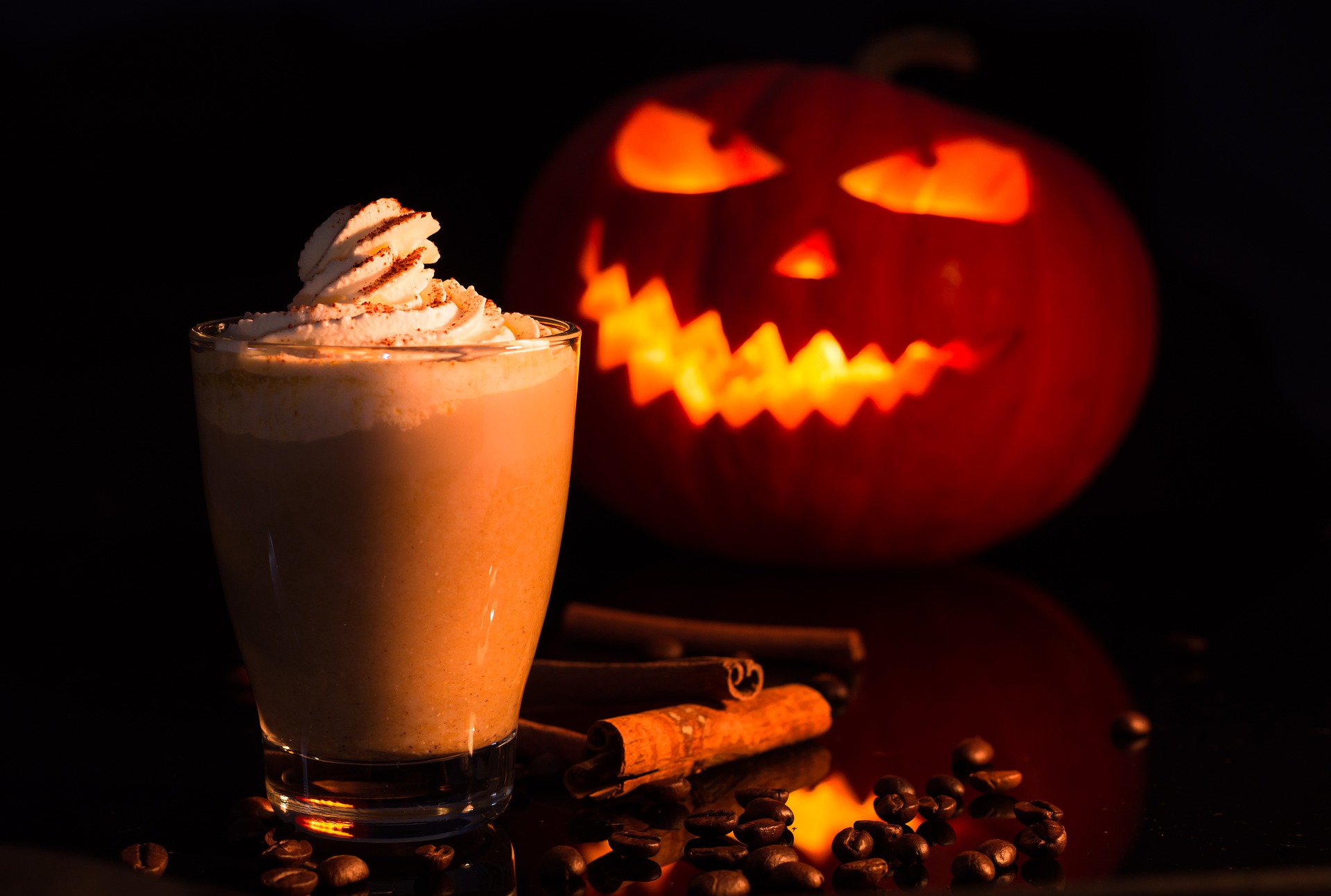
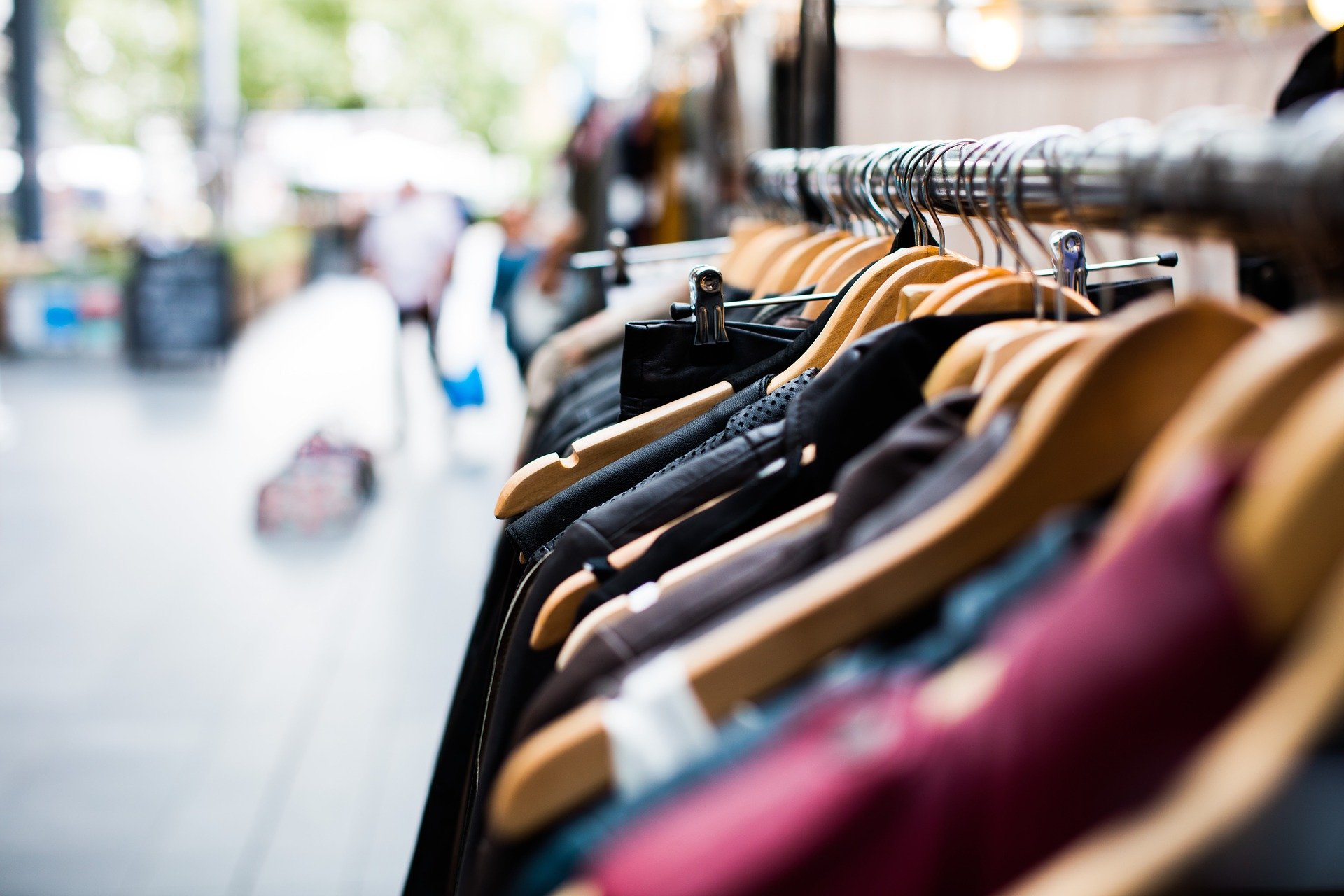
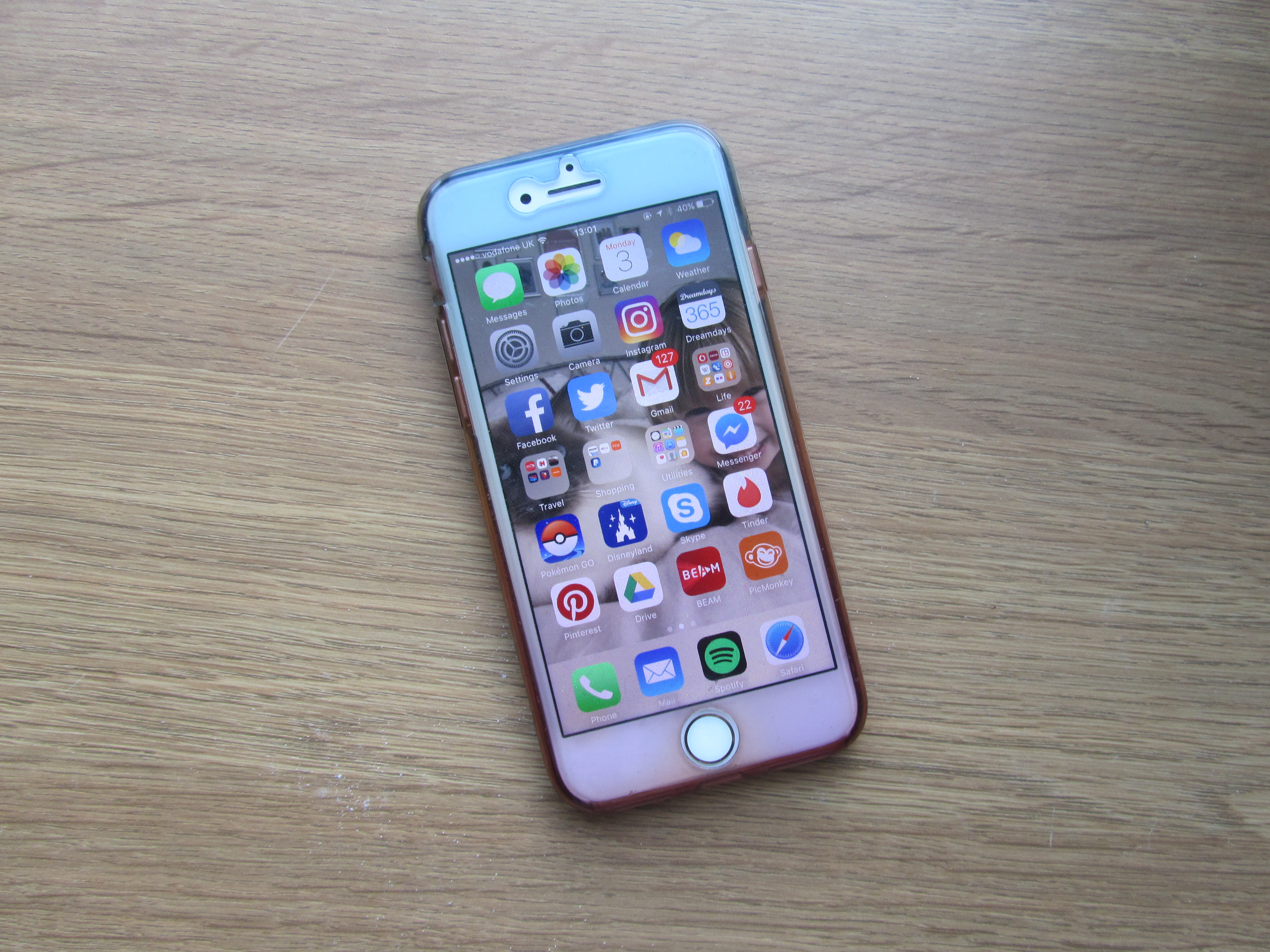
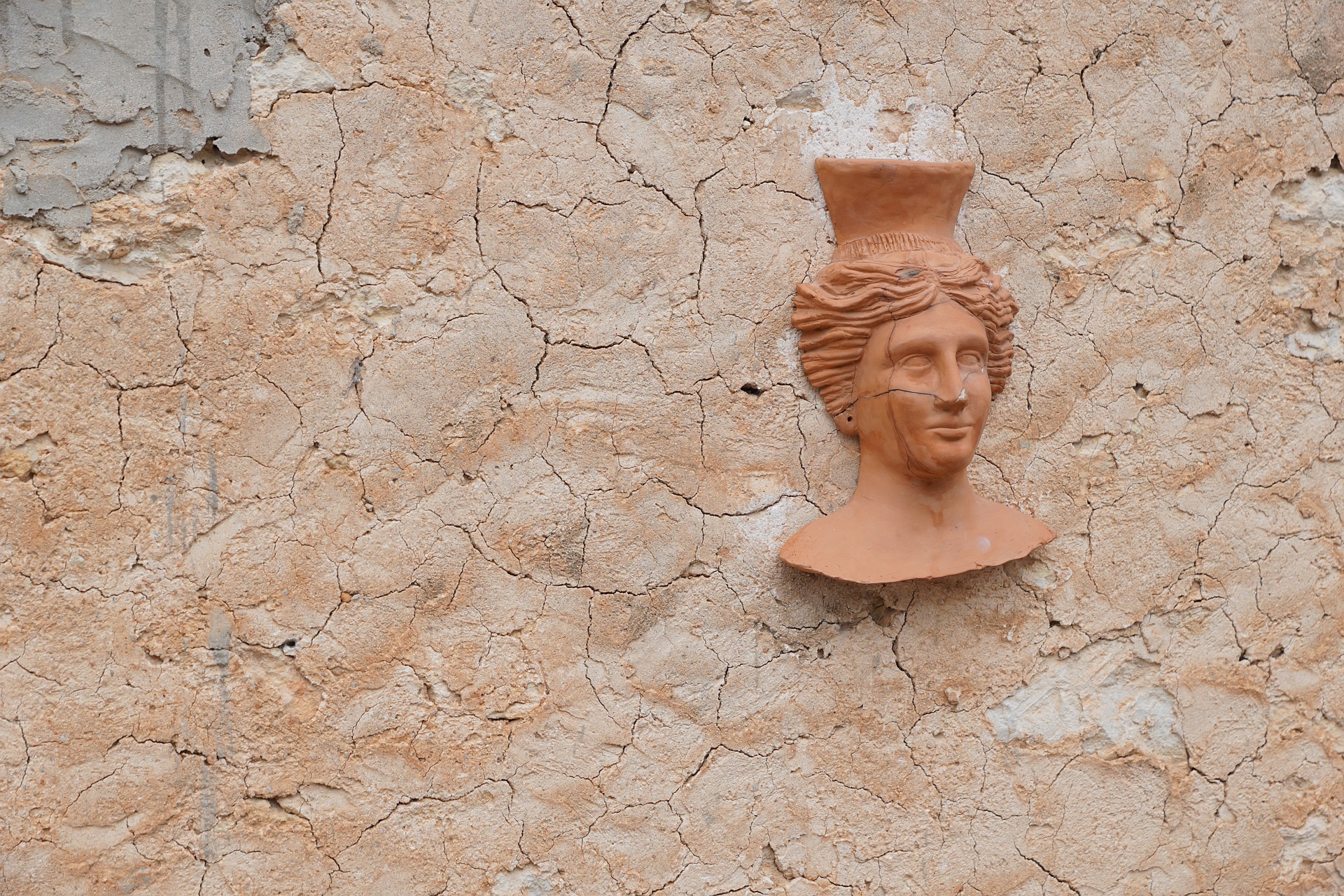
One Comment
Pingback: